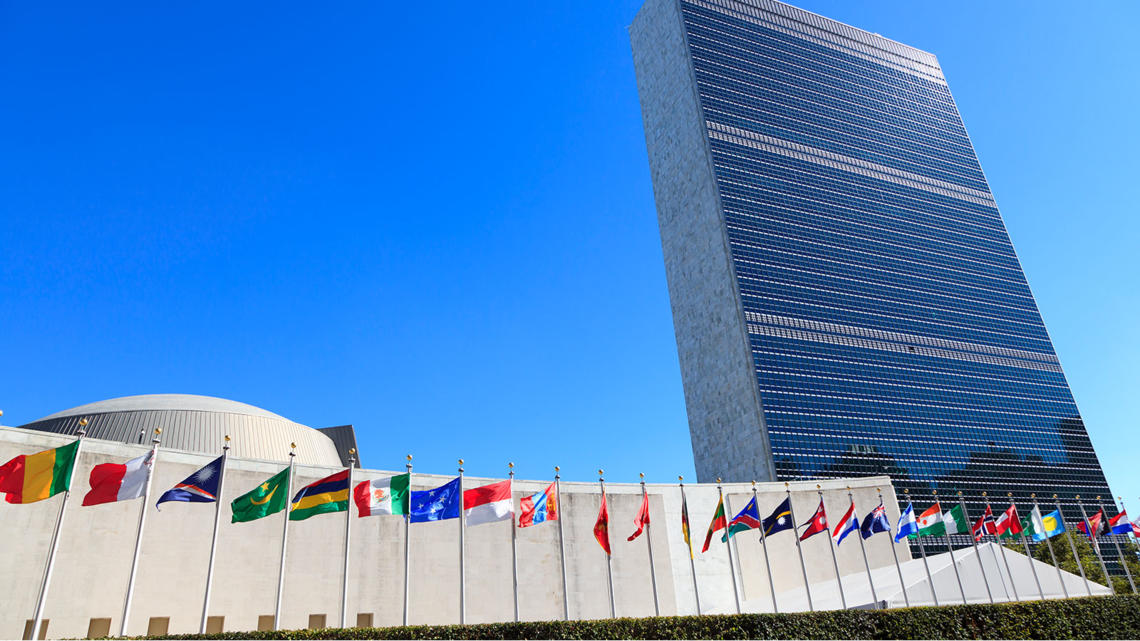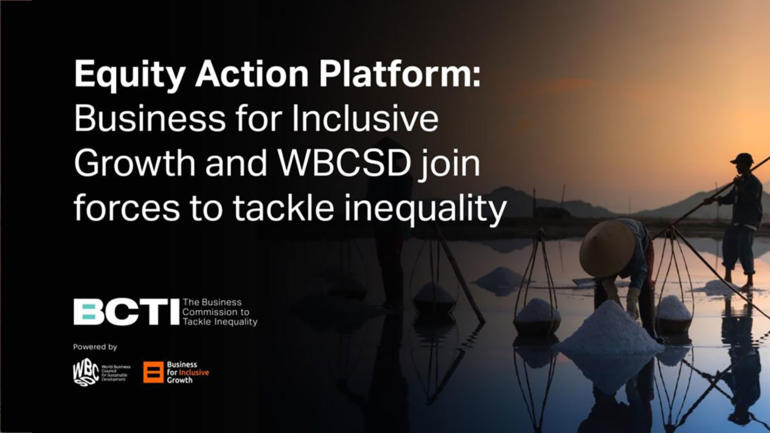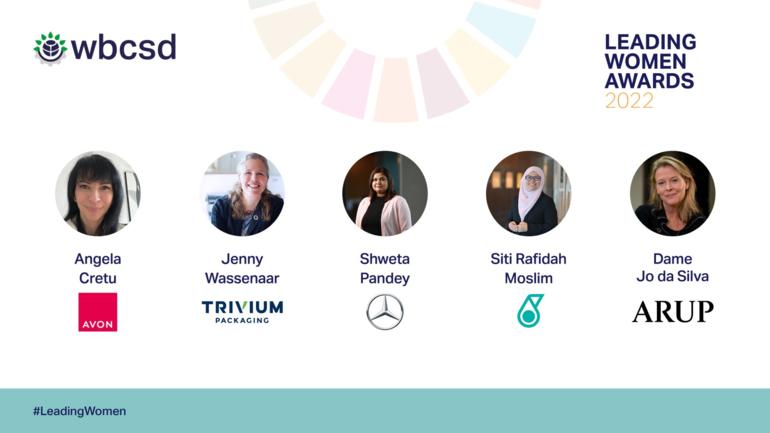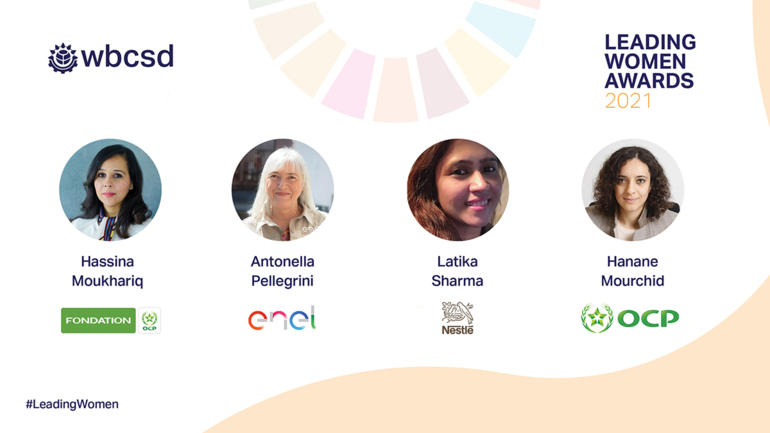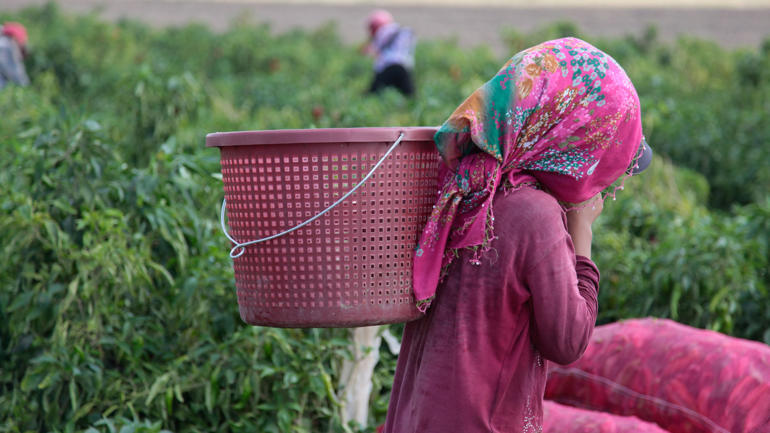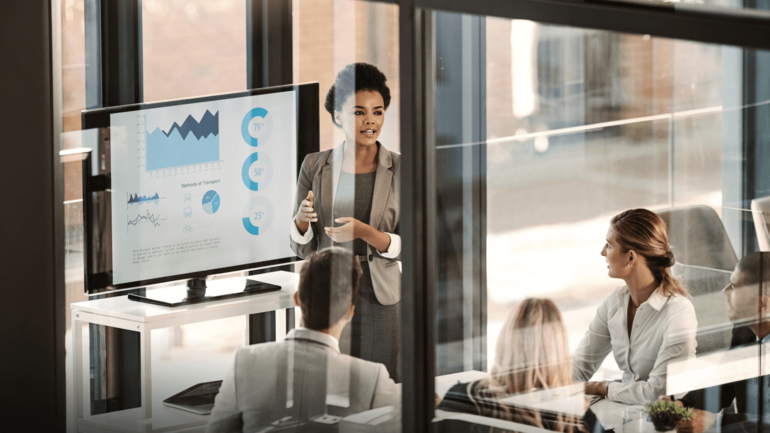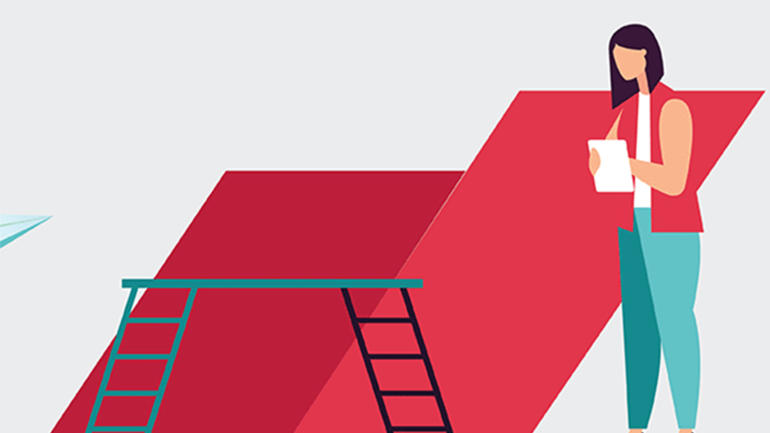Geneva, 23 July: On 15 July the World Business Council for Sustainable Development (WBCSD) and the UN Department of Economic and Social Affairs (UN DESA) jointly convened a special event alongside the 2021 United Nations High-level Political Forum on Sustainable Development (HLPF).
This Chief Sustainability Officers for SDGs event brought together business leaders and sustainable development champions for an engaging virtual dialogue to explore the key transformations that are needed across the global business community to put us on course for a world where everyone can live well, within planetary boundaries. The event represents a continued partnership between WBCSD and UN DESA who have come together to organize similar dialogues on an annual basis every year since 2017.
Speakers at the event included senior representatives from WBCSD member companies and partners including: Baker McKenzie, Bridgestone Corporation, Iberdrola, IPIECA, KDD, Masisa, Neste, Shift, and Swarovski. Discussions provided an opportunity to dive into some of the key themes being explored at the 2021 HLPF, and in particular provided extensive insight into the role of business when it comes to tackling inequality, the pressing need for business to embrace new models of production and consumption, and the importance of sectoral collaboration in driving meaningful progress on sustainable development. A recording of the event and key takeaways are now available.
During the course of the event, WBCSD also formally announced the launch of a new Business Commission to Tackle Inequality, a new initiative that will seek to mobilize the global business community to tackle inequity and generate shared prosperity for all – a theme that was very much at the heart of discussions taking place throughout this year’s HLPF.
The HLPF is the core United Nations platform for follow-up and review of the 2030 Agenda for Sustainable Development and its 17 Sustainable Development Goals (SDGs). This year’s HLPF, taking place between 6 July and to 15 July, advanced key discussions on ways to ensure a sustainable and resilient recovery from COVID-19 that puts the world on track to realize the SDG agenda. Inter-governmental dialogues focused in particular on SDG 1 (no poverty), SDG 2 (zero hunger), SDG 3 (good health and well-being), SDG 8 (decent work and economic growth), SDG 10 (reduced inequalities), SDG 12 (responsible consumption and production), SDG 13 (climate action), SDG 16 (peace, justice and strong institutions), and SDG 17 (partnerships). The HLPF also saw a total of 42 countries presenting voluntary national reviews (VNRs) of their implementation of the 2030 Agenda to date.
The ministerial declaration adopted at the close of the HLPF saw member states recognize that the COVID-19 pandemic has laid bare and exacerbated vulnerabilities and inequalities within and among countries, accentuated systemic weaknesses, challenges and risks and threatens to halt or damage progress made in realizing the SDGs. It also emphasized the urgent need for a global renewed commitment to sustainable development and set out a series of commitments to advance this critical agenda moving forward.
For its part, WBCSD remains committed to supporting the global business community in maximizing its potential to contribute to the realization of the SDGs. More details on WBCSD’s work in this space are available via our SDG Business Hub.

